In the ever-evolving landscape of the healthcare industry, medical billing plays a crucial role in ensuring that healthcare providers receive timely and accurate payments for their services. With the increasing complexity of billing and coding practices, healthcare providers in California often face challenges in managing their revenue cycle efficiently. This comprehensive guide delves into the world of medical billing services in California, exploring its benefits, compliance, selecting the right provider, common challenges, industry trends, and practical tips for a smooth billing process.
Understanding Medical Billing Services
Medical billing services involve the process of submitting and following up on medical claims with insurance companies and patients to receive payment for healthcare services rendered. It includes tasks such as patient registration, verifying insurance coverage, coding procedures, submitting claims, and managing denials and appeals. Medical billing companies in California specialize in handling these responsibilities, allowing healthcare providers to focus on patient care and practice growth.
Benefits of Outsourcing Medical Billing
Outsourcing medical billing services can prove to be a game-changer for healthcare providers in California. By partnering with a reputable medical billing company, providers can experience several advantages. Firstly, outsourcing reduces operational costs, as providers no longer need to invest in billing software, staff training, and employee benefits. Additionally, medical billing companies employ experienced professionals who are well-versed in coding regulations, leading to fewer claim rejections and denials.
Moreover, outsourcing medical billing services in California ensures that billing processes are compliant with state and federal regulations, including the Health Insurance Portability and Accountability Act (HIPAA). This compliance is essential for maintaining patient confidentiality and avoiding potential legal penalties.
Compliance and Regulations in California
California has specific regulations and compliance requirements that medical billing companies must adhere to. One of the most critical aspects is compliance with HIPAA, which safeguards patient data and privacy. Medical billing service providers in California must maintain strict protocols to protect electronic health information (ePHI) and ensure secure data transmission.
Additionally, California’s medical billing companies must comply with state-specific regulations related to reimbursement rates, timely filing limits, and licensing requirements. Staying abreast of these regulations is crucial to avoid costly legal consequences and ensure ethical business practices.
Selecting the Right Medical Billing Service Provider
Choosing the right medical billing service provider is vital for seamless revenue cycle management. Healthcare providers in California should consider several factors when making this decision:
- Experience and Expertise: Look for a medical billing company with a proven track record in handling billing for healthcare providers in California. Experience and expertise in various specialties will be advantageous.
- Technology and Software: Ensure that the billing company uses modern technology and software for efficient claim processing and revenue cycle management.
- Customization: Seek a provider that offers customized billing solutions tailored to your practice’s unique needs.
- Transparency and Communication: Opt for a company that maintains open communication and provides transparent reporting on billing performance.
- Compliance Measures: Verify that the billing service follows all necessary compliance measures, including HIPAA guidelines.
- References and Reviews: Request references and read online reviews to gauge the experiences of other healthcare providers who have worked with the billing service.
Common Challenges in Medical Billing
The medical billing process is not without its challenges. Healthcare providers in California often encounter these common issues:
- Coding Errors: Incorrect coding can lead to claim denials and delays in payments. Staying updated with the latest coding guidelines is crucial to prevent such errors.
- Claim Rejections: Incomplete or inaccurate information on claims can lead to rejections, requiring additional time and effort to resolve.
- Denial Management: Handling claim denials and appeals can be time-consuming and requires a systematic approach to address and resolve issues promptly.
- Insurance Verification: Verifying insurance coverage and obtaining pre-authorization can be time-sensitive tasks that impact the billing process.
- Staff Turnover: In-house billing teams may face staff turnover, resulting in knowledge gaps and disruptions in billing processes.
Strategies to overcome these challenges include investing in continuous staff training, leveraging advanced billing software, and considering outsourcing to experienced medical billing services.
Trends in Medical Billing Services
The healthcare industry is continuously evolving, and so are medical billing practices in California. Some notable trends shaping the medical billing landscape include:
- Automation: Medical billing companies are increasingly incorporating automation and artificial intelligence to streamline billing processes, reducing human errors and enhancing efficiency.
- Telemedicine Billing: With the rise of telemedicine services, medical billing companies in California must adapt to billing for virtual consultations and remote services.
- Data Analytics: Advanced data analytics tools enable billing services to analyze billing patterns and identify areas for improvement, leading to optimized revenue cycles.
- Value-Based Care Reimbursement: As the focus shifts towards value-based care, medical billing services are adapting their processes to accommodate performance-based reimbursement models.
Case Studies
To illustrate the impact of outsourcing medical billing services in California, let’s explore a couple of real-life case studies:
Case Study 1:
A nationwide client sought our assistance in recovering $24,166,388 in aged uncollected Accounts Receivable. After partnering with Everest A/R Management Group, they experienced a significant reduction in claim denials and accelerated payments, resulting in improved cash flow and better financial stability. Ask for reference.
Case Study 2: Pediatrics
A Pediatrics struggled with billing errors and inefficiencies, leading to revenue leakage. By outsourcing their billing processes to a specialized pediatric medical billing company, they achieved higher accuracy in coding and claim submissions, ultimately boosting revenue and reducing administrative burdens. Ask for reference
Tips for a Smooth Billing Process
To ensure a smooth and efficient billing process, healthcare providers in California should consider the following tips:
- Clear Patient Communication: Educate patients about their insurance coverage, co-pays, and billing processes to minimize confusion and payment delays.
- Regular Audits: Conduct periodic audits of billing practices to identify potential issues and rectify them promptly.
- Timely Follow-ups: Implement a systematic follow-up process to address claim rejections and denials promptly.
- Continuous Training: Invest in ongoing training for billing staff to stay updated with industry changes and coding guidelines.
Final thoughts
Medical billing services play an indispensable role in the financial health of healthcare providers in California. By outsourcing billing processes to experienced and compliant medical billing companies, providers can enhance revenue cycles, reduce administrative burdens, and focus on delivering high-quality patient care. As the healthcare industry continues to evolve, staying informed about trends, regulations, and best practices in medical billing will be instrumental in maintaining a thriving and financially stable practice.


